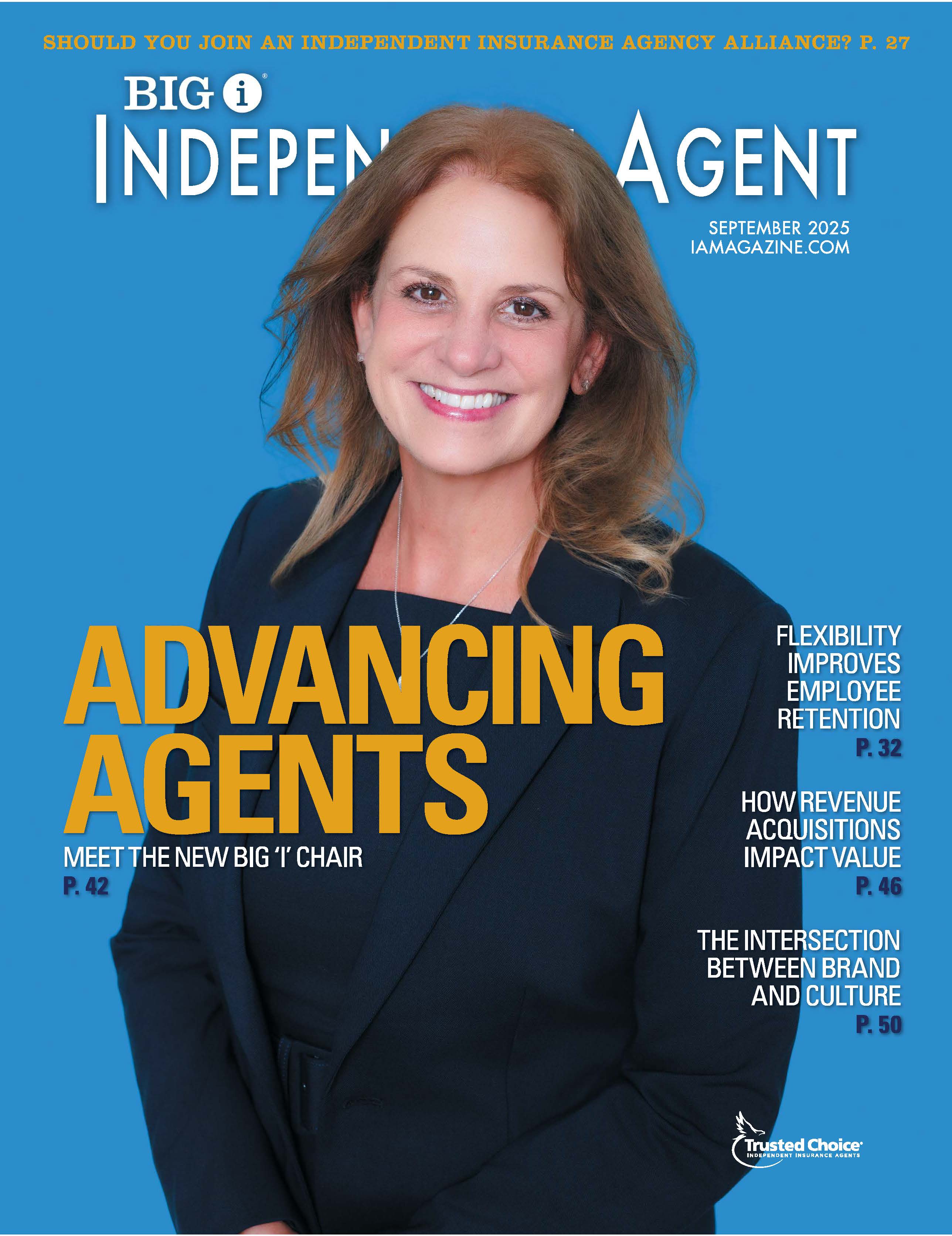3 Factors Buyers Look at in a Life Settlement

By: Lucas Siegel
Life settlements pay policyholders at least four times more on average than the policy’s cash surrender value, according to Forbes. That data point should be hard to ignore for financial advisors, particularly those with insured senior clients who are facing a liquidity shortfall.
The sale of a life insurance policy could generate the cash those seniors need to repay debt, fund healthcare expenses or increase savings balances. For seniors with changing financial needs, a life settlement is often less intrusive than selling a home or taking a large draw from a retirement account. For that reason, a marketable life insurance policy is an asset and a source of liquidity that shouldn’t be overlooked.
Admittedly, the cash available from a life settlement may be a secondary factor for some advisors and their clients. Many financial professionals and consumers are suspicious of the life settlement industry. Some even question the legality of life settlement transactions.
That’s unfortunate for insured seniors who need cash and guidance because life settlements are 100% legal. In 43 U.S. states, they’re also regulated to protect policyholders, brokers and insurance companies. Seven states also require insurance companies to let surrendering policyholders know they can sell their policy in lieu of canceling it. And, because life settlements produce so much more cash for the policyholder than a surrender, withholding the strategy likely constitutes a violation of an advisor’s fiduciary duty.
Of course, before you do anything with life settlements, be sure to examine your errors & omissions coverage and make sure you’re covered.
While average life settlement proceeds are roughly four times the policy’s cash surrender value, that average represents a huge range of circumstances. Investors who buy life settlements analyze many data points when determining their best offer on a policy. Any one of those data points can cause a policy to sell for far more or less than the average.
Factors that can influence a policy’s market value include the insurance type, the health and longevity of the policyholder, cash value in the policy, death benefit value, and whether the policyholder is working through a broker.
Here are three considerations life settlement buyers will take into account in making a valuation:
1) Tail risk. Buyers of life settlements are primarily focused on the values that affect their tail risk and break-even risk. Tail risk is the chance that the insured will live past the policy’s maturity age, at which point the death benefit is no longer available. Buyers are attracted to tail risk below 10%.
Buyers measure tail risk by reviewing the insured’s life expectancy according to medical underwriters, as well as the terms of the policy. A policy with a high maturity age, such as 121 years old, or an extended benefit provision has a lower tail risk.
2) Break-even risk. Break-even risk is the probability that the policy’s net present value plus premiums paid until the insured passes away would equal the death benefit. A marketable policy usually has a break-even risk below 15%.
The insured’s lifespan estimate can raise or lower break-even risk, but so can the policy type and cash-value balance—since these will dictate the premium payments required to keep the policy in force. As an example, indexed universal life policies are less popular with buyers because they can have a higher cost of insurance.
On the other hand, standard universal life policies are popular among buyers because they often have flexible premium provisions. That flexibility gives buyers the option to fund the cost of insurance and skip any additions to the policy’s cash-value account. This is a preferable structure for buyers who are only interested in the death benefit and have little use for growing the policy’s cash value.
Policies with healthy cash-value balances at the time of the settlement may not require any premium payments going forward. As is standard on permanent life policies, if no payments are made, the insurer will pull the premiums from the cash-value account. The policy will remain active until the cash value is depleted. Buyers are happy to let that process run since it lowers their break-even risk.
3) Death benefit value. The policy’s death benefit is an obvious pricing factor since this is ultimately what buyers want when they purchase life insurance. Policies valued at $500,000 or more are the most appealing, though policies in the $100,000 range are still marketable. Smaller policies will command more buyer interest and better pricing when the insured is impaired and has a short life expectancy.
A reputable life settlement company can provide a free, no-obligation estimate for any senior’s life insurance policy. The valuation team will develop the estimate by reviewing the policy terms and the insured’s health history, alongside what they know about current buyer demand.
Despite industry misconceptions, life settlements can provide needed financial relief to senior clients who are concerned about their long-term solvency. A portion of life settlement proceeds may be taxable, but they are otherwise unrestricted. Seniors can use the funds for any purpose they wish. Some may use the cash for long-term care, while others may restructure their personal balance sheet.
Lucas Siegel is the founder and CEO of Harbor Life Settlements, a life settlement company that is dedicated to helping seniors and the terminally ill sell their life insurance policies, and Harbor Life Brokerage, a life settlement broker that helps policyholders receive the maximum cash value for their life insurance through its proprietary bidding platform that reaches the world’s largest buyers.










